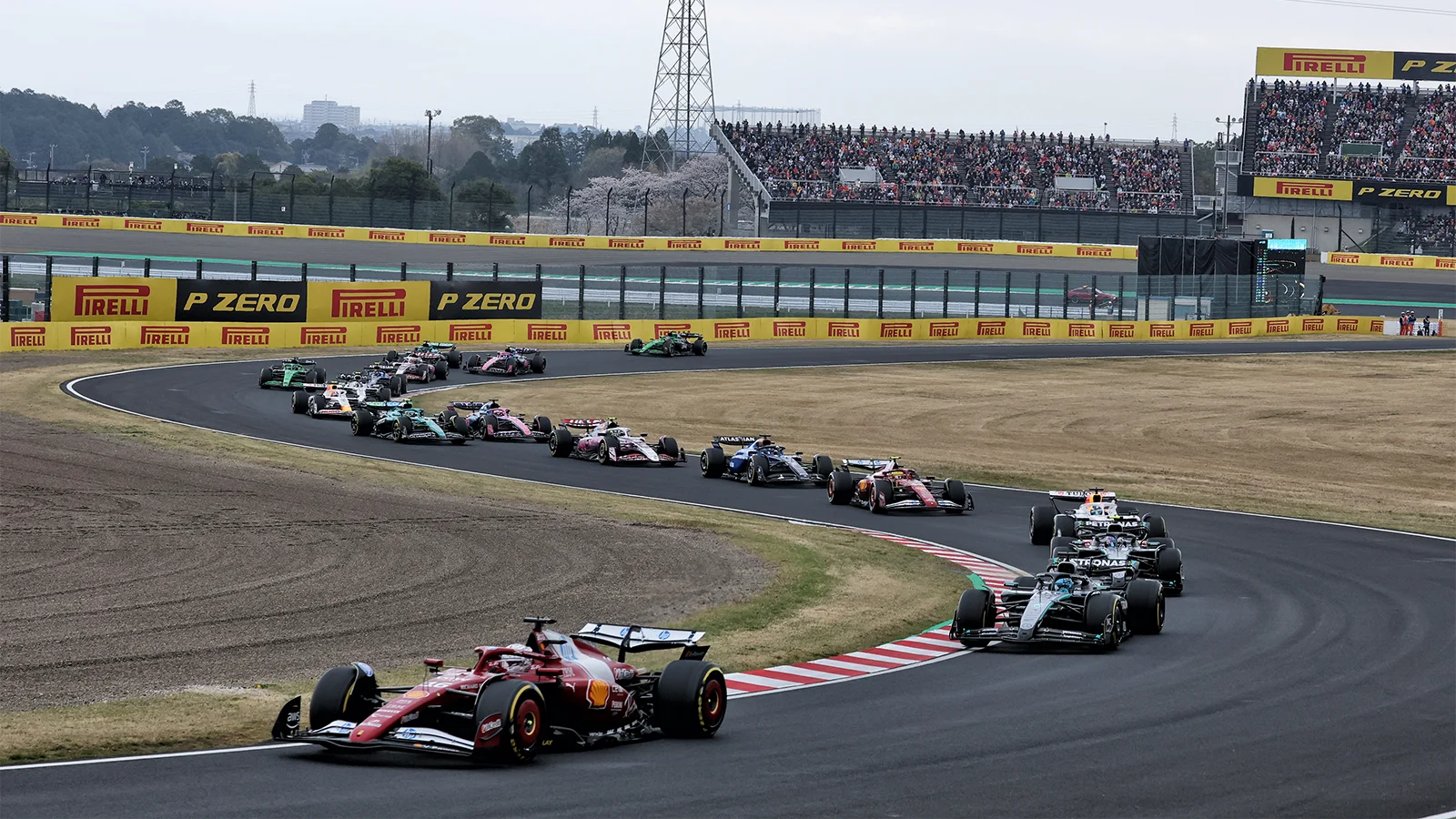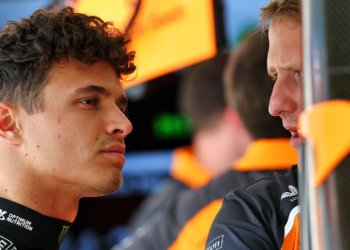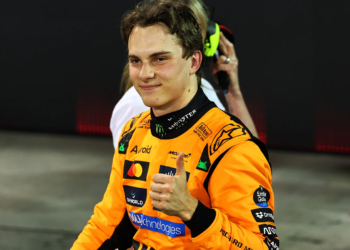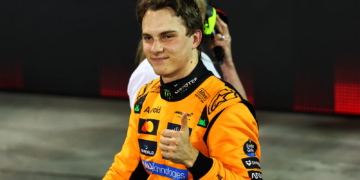Ferrari team boss Fred Vasseur is concerned that Formula 1 could become a “quali championship” based on an uneventful Japanese Grand Prix.
For the first time in F1 history, the top six drivers on the grid finished where they started during a Grand Prix at a permanent circuit.
A resurfaced Suzuka, coupled with F1’s big-barge machines, dirty air and one DRS zone, combined for almost zero tyre degradation and limited overtaking.
This year’s Japanese GP was a case of follow the leader, and third-place man Oscar Piastri quite rightly claimed “[Saturday] was the day where you effectively won the race.”
Well done to Max Verstappen, then, but what about the rest of us watching?
Coincidentally, Vasseur’s driver Lewis Hamilton was the only driver in the top-10 who was able to improve upon their starting position, usurping Isack Hadjar to take seventh.
Still, Vasseur has warned that if F1 continues down the path of resurfacing circuits, we will all have to endure more processional one-stop races.
“I think the one-stop races are more linked to the resurfacing than something else,” Vasseur told select media, including Motorsport Week.
“We are asking Pirelli to have tyres with more degradation, but if we are resurfacing everywhere, we are killing the system. And it’s more for this reason that we are going in the one-stop race.
“For sure, qualifying is always crucial to the performance and the more you are close, the more the gap is small between cars.
“It’s even more true because then you are in the group of cars, it’s not that you are just fighting with the guy in front of you. Yes, it, it will probably be a ‘quali’ championship.”
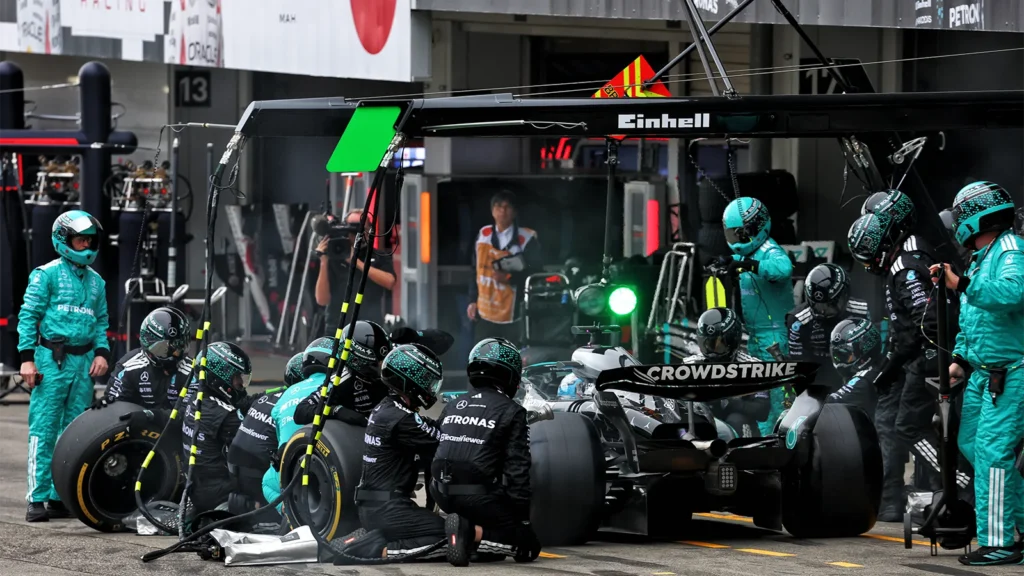
Finding a solution
George Russell, a Director of the Grand Prix Drivers’ Association, called for action from Pirelli after the Japanese GP, after both last weekend’s race and the Chinese GP were dull affairs.
“Yeah, I think these last two weekends, I think the tyre compounds have just been too hard for resurfacing, and it’s been an easy one-stop both races, and that’s just really taken any fun from the strategy,” he said.
“Yeah, I hope we can maybe react as a sport, because it’s, as I said, we all finished where we started, and there just wasn’t enough difference in the tyre degradation.”
F1 is at its most popular right now, but does risks losing that status if the spectacle continues to be dull.
In the immediate short-term, the abrasive Bahrain circuit should alleviate some concerns, but looking further forward, McLaren Team Principal Andrea Stella hopes 2026 could provide a bit of a reset.
The current rules cycle ends this year after being introduced in 2022 to improve the racing spectacle.
That was achieved by moving to ground effect regulations and clearing up dirty air, allowing cars to follow one another more closely,
But as the years have ticked by and engineers have improved aerodynamic performance, following, and therefore overtaking, has become more difficult.
With a rules reset next year, Stella hopes that will change.
Stella argued that “dirty air is a factor” in F1’s current predicament, “and possibly this is one of the reasons why the 2026 regulations may introduce some reset from this point of view.
“Even if this generation of car was conceived to actually improve following, that was what we were talking about in 2022, there’s been so much aerodynamic development now that again they have become so much of an aerodynamic machine that as soon as you follow, you lose the performance,” he added.
READ MORE – Fernando Alonso: Max Verstappen exploits reminiscent of Ferrari 2012 F1 title bid

